Dr. McElwee recommends horse owners get a routine exam with either a vet or a qualified lay dentist at least yearly, or twice yearly if there is a history of problems.
How do you know your horse may have a problem with its teeth? Watch out for these five signs:
- Holding their head in a funny posture while chewing – Just like people, horses with tooth pain will adjust their head and chewing movements to compensate.
- Dropping feed – Additionally, as they adjust for the sore tooth, they may start dropping an abnormal amount of feed out of their mouths as they chew.
- Resisting the bit, or poor behavior when the owner picks up the bit – Holding a bit in a mouth with tooth issues or an infection can be very painful and lead to strong resistance to the bit.
- Blood coming from the mouth – This is an important sign that your horse’s mouth and teeth need to be examined by a veterinarian or lay dentist.
- Nasal discharge from one side, but not the other – Horses’ sinuses are right next to their teeth. If a tooth is infected, or there is a hole, it’s an easy passage for infection to travel into the sinus.
When it comes to recovering from dental work at the vet, Dr. McElwee recommends Alfa-Pro. “If a horse has diastema problems or missing teeth, Alfa-Pro can help them maintain their weight. Also, post extraction we recommend it because the pelleted nature of the feed breaks down in such a way it doesn’t stick in the socket, so the socket heals more easily without debris getting packed into the holes.”
Hi-Pro Feeds thanks Dr. McElwee for sharing his expertise. For more information on Alfa-Pro, click here.
For more information on Dr. Dustin McElwee, click here.


